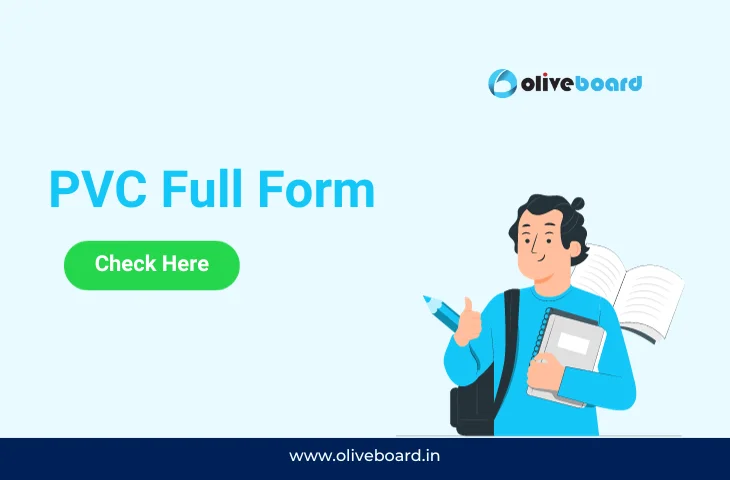PVC Full Form
PVC pipes, an integral part of our daily lives, play a pivotal role in various industries and household applications. As we delve into the world of plumbing, construction, and beyond, it’s essential to unravel the mystery behind the acronym that defines these indispensable conduits. PVC, which stands for Polyvinyl Chloride, is a synthetic plastic polymer renowned for its versatility and durability.
What is PVC?
Polyvinyl Chloride, abbreviated as PVC, is a type of plastic made from vinyl chloride monomers. This synthetic polymer is created through a chemical process that transforms vinyl chloride into a white powder known as PVC resin. When combined with various additives, PVC becomes a robust and flexible material suitable for a wide array of applications.
The PVC Pipe Advantage: Versatility Unleashed
One of the most prominent applications of PVC is in the manufacturing of pipes. PVC pipes are celebrated for their exceptional versatility, corrosion resistance, and affordability. These pipes find extensive use in plumbing systems, irrigation, drainage, and even in industrial settings. The lightweight nature of PVC pipes makes them easy to handle and install, contributing to their widespread popularity.
The Making of PVC Pipes
PVC Pipe Production: A Blend of Science and Engineering
The production of PVC pipes involves a meticulous process that combines science and engineering. The PVC resin is mixed with additives like plasticizers, stabilizers, and modifiers to enhance its properties. This blend is then subjected to a series of heating and cooling processes, resulting in the formation of PVC pipes with varying thicknesses and diameters. The final product exhibits the desired characteristics of strength, durability, and resistance to chemical and biological agents.
Types of PVC Pipes: Tailored for Every Need
PVC pipes come in various types, each designed to meet specific requirements. Schedule 40 and Schedule 80 PVC pipes, for instance, differ in terms of wall thickness, making them suitable for different pressure applications. Additionally, PVC pipes are available in different classes, catering to the demands of both residential and industrial projects.
Sustainable PVC: A Green Choice
While PVC has faced scrutiny for its environmental impact, advancements in technology have paved the way for more sustainable practices. Recycling initiatives and responsible manufacturing processes contribute to a greener PVC industry. Additionally, the durability and longevity of PVC pipes reduce the need for frequent replacements, further minimizing their environmental footprint.
Conclusion: PVC Full Form
Polyvinyl Chloride, abbreviated as PVC, is more than just letters; it’s a versatile material that shapes the conduits connecting our daily lives. As we appreciate the significance of PVC pipes in plumbing, construction, and various industries, it’s crucial to recognize the science and engineering behind their production. In an era where sustainability is paramount, the PVC industry continues to evolve, embracing eco-friendly practices. So, the next time you encounter a PVC pipe, remember that it’s not just a conduit; it’s a testament to the innovative potential of Polyvinyl Chloride.
FAQs – PVC Full Form
Ans: The full form of PVC is Polyvinyl Chloride.
Ans: In Hindi, the full form of PVC is “पॉलीविनाइल क्लोराइड” (Polyvinyl Chloride).
- RBI SO Syllabus and Exam Pattern 2025 for Grade A and B
- RBI SO Eligibility 2025, Check Qualification & Age Limit
- RBI SO Exam Date 2025, Check Phase 1 Schedule for Grade A/B
- RBI SO Apply Online 2025 Before 31st July for 28 Vacancies
- RBI SO Notification 2025 Out for 28 Vacancies of Grade A & B

